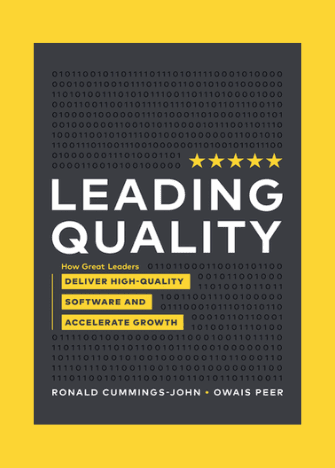Testers are the architects of quality, employing techniques like manual testing, automated testing, and exploratory testing. Beyond bug-finding, discover the soft skills that make a tester stand out.
Curiosity and Critical Thinking
Testers need to be curious and always looking for potential problems. They also need to be open-minded and willing to try new things.
An exceptional tester is naturally curious and possesses a strong desire to understand how things work. They have a keen eye for detail and an inquisitive mindset that drives them to uncover hidden defects and vulnerabilities.
Critical thinking skills enable testers to analyse complex systems, identify potential risks, and devise comprehensive test strategies. Their ability to think outside the box allows them to explore different scenarios and uncover issues that might otherwise go unnoticed.
Strong Analytical Skills
Effective testers possess strong analytical skills that allow them to dissect complex software systems and identify potential areas of weakness. They have a knack for breaking down complex problems into manageable parts, enabling them to design practical test cases and strategies.
By analysing requirements, specifications, and user stories, exceptional testers gain a deep understanding of the software under test and can identify potential pitfalls or gaps in functionality.
Attention to Detail
Testers need to be able to pay attention to the smallest details in software. This means being able to identify potential problems and bugs that others might miss.
Detail-oriented individuals make exceptional testers. They can meticulously examine every aspect of a software system, leaving no stone unturned.
These testers have a meticulous approach to testing, ensuring that they cover all possible test scenarios and validate every requirement. Their thoroughness helps identify even the most minor defects or inconsistencies, preventing them from causing major issues later in the software development lifecycle.
Excellent Communication Skills
Testers need to be able to communicate their findings to other stakeholders, such as developers, managers, and users. This means being able to explain complex technical concepts clearly and concisely.
Communication skills are paramount for testers to effectively collaborate with developers, project managers, and other stakeholders. Exceptional testers possess the ability to articulate their findings, observations and concerns, clearly and concisely.
They comprehensively document their test cases, results, and defects, making it easier for the development team to understand and address the issues. Additionally, effective communication skills enable testers to provide valuable feedback and suggestions for improving the software quality.
Adaptability and Continuous Learning
The field of software testing is constantly evolving, with new tools, technologies, and methodologies emerging regularly. Exceptional testers are adaptable and embrace change.
They stay updated with the latest trends and advancements in testing, continuously honing their skills and expanding their knowledge base. Their willingness to learn allows them to stay ahead of the curve and bring innovative approaches to their testing efforts.
Testers need to have a basic understanding of software development and testing principles. This means being able to understand how software is built and how to test it effectively.
Problem-Solving Abilities
Testers need to be able to identify and solve problems in software. This means being able to think critically and creatively to find solutions that work.
Testing is not just about identifying defects; it is also about finding solutions. Outstanding testers possess strong problem-solving abilities, enabling them to pinpoint issues and propose effective solutions.
They actively collaborate with developers to understand the root causes of defects and work towards resolving them. Their problem-solving mindset contributes to the overall improvement of software quality and helps in preventing similar issues from occurring in the future.
Domain Knowledge and Business Understanding
A remarkable tester possesses a deep understanding of the domain in which the software operates. Whether it’s finance, healthcare, e-commerce, or any other industry, testers who are well-versed in domain-specific concepts and business processes bring valuable insights to the testing process.
This knowledge allows them to anticipate user behaviour, identify critical functionalities, and simulate realistic scenarios during testing.
Persistence
Testing can be a challenging and frustrating job. Testers need to be able to persevere and keep going, even when they face obstacles.
Conclusion
The path to becoming a successful tester involves more than just technical expertise, and the best way to learn how to test software is to get experience doing it. There are many ways to get experience, such as internships, entry-level jobs, and open-source projects.
Additionally, the testing landscape is constantly changing, so it’s important to stay up-to-date on the latest trends and technologies. You can do this by reading blogs, attending conferences, and taking online courses.
Networking with other testers can also help you learn new things and stay motivated. There are many online and offline communities where testers can connect and share ideas.
But despite the challenges, testing is rewarding. If you’re passionate about testing and have the skills and qualities to succeed, don’t give up on your dream of becoming a tester.
Happy testing!
About the tester
Irtaza is from Pakistan and had been part of our global testing community for 3 years. During this time he was engaged in a variety of projects and developed his testing skills and capabilities making him the amazing tester he is today.
This article is the sole responsibility of the author. By submitting their work to our blog, authors affirm that the content is original and does not violate any copyrights or intellectual property rights of third parties.







